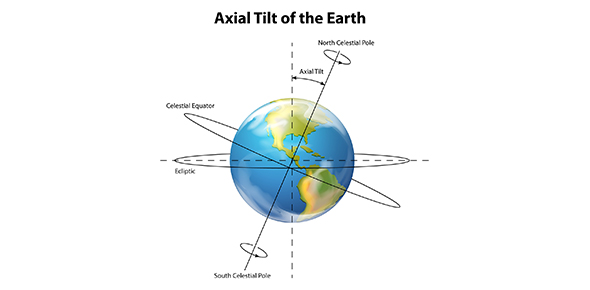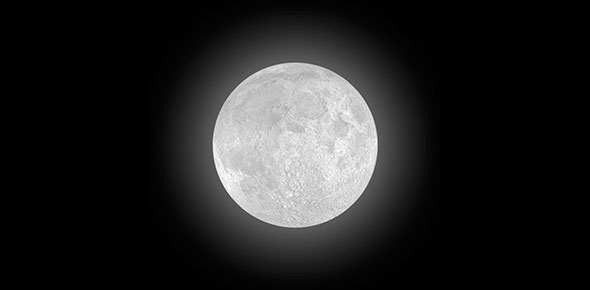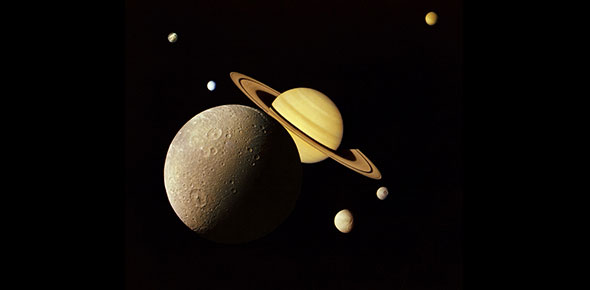Related Flashcards
Related Topics
Cards In This Set
| Front | Back |
|
Speed
|
How far something will go in a certain amount of time
|
|
Velocity
|
Speed and direction
|
|
Acceleration
|
If velocity changes in any way, whether in speed or direction
|
|
Mass
|
The amount of matter in something
|
|
Weight
|
The FORCE on a scale measures when you stand on it; weight depends on both mass and the forces acting on your mass.
|
|
Force
|
Anything that can cause a change in momentum
|
|
What is the difference between speed and velocity?
|
Speed is how far an object will go in a certain amount of time, and velocity is the SPEED and DIRECTION of an object.
|
|
If you are accelerating, what does it imply about your speed or velocity?
|
It means that your velocity is changing in anyway; in speed or direction or both
|
|
How is mass different than weight?
|
Your mass remains constant, but weight can vary based on the outside forces acting on your mass.
|
|
How are mass and weight affected by where you are located?
|
Your mass is the same wherever you are, but your weight can vary.
|
|
Inertia (law of)
|
An object moves at a constant velocity unless a net force acts to change its speed or direction.
|
|
How did Newton change our understanding of how the universe works?
|
Realized the same forces acting on earth act also in the heavens - creating one universe
|
|
How was Newton's understanding of motion different than the ancient Greek's?
|
Aristotle had made many claims about the physics of motion, using his ideas to support his belief in an Earth-centered cosmos. Heavens were distinct from earth. Newton's insight eliminated Aristotle's distinction between the two realms.
|
|
Newton's 1st law of motion?
|
An object moves at a constant velocity unless a net force acts to change its speed or direction.
|
|
Newton's 2nd law of motion?
|
Force = mass x acceleration
The amount of acceleration depends on the object's mass and the strength of the net force. |






